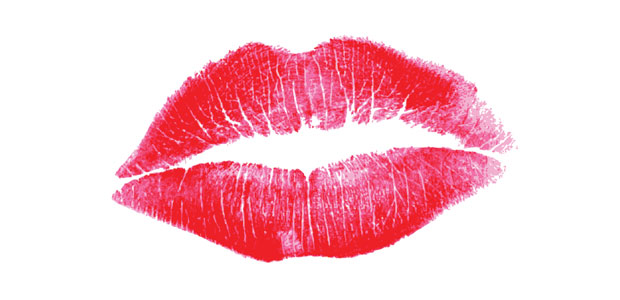Advertisement
Cold Sores
Ouch! You’ve got a tingling, itching, or burning sensation around your lips that can mean only one thing: your skin is about to erupt in an unsightly cold sore. Here’s what to do. Cold sores, also known as fever blisters, are small lesions that appear on the lips or surrounding skin. They are primarily caused … Continued

Ouch! You’ve got a tingling, itching, or burning sensation around your lips that can mean only one thing: your skin is about to erupt in an unsightly cold sore. Here’s what to do.
Cold sores, also known as fever blisters, are small lesions that appear on the lips or surrounding skin. They are primarily caused by infection with the herpes simplex type 1 virus (HSV-1), although they can result from herpes simplex type 2 virus (HSV-2), which causes
genital herpes.
Once you are infected, you carry the virus for life. It can remain dormant but periodically causes outbreaks, particularly when the immune system is weakened. Approximately 80 percent of Canadians carry the virus, and 20 to 40 percent of carriers experience recurrent outbreaks. The good news is that you can help prevent an outbreak and speed healing.
Know the Warning Signs
Cold sores trigger tingling prodromal (precursory) symptoms a day or two before an outbreak. When these warning signals appear, use thermal therapy and lysine supplements to prevent an outbreak.
Thermal therapy involves a device that emits a special type of heat to enhance the immune system response and stop the virus from emerging. It is most effective when used during the prodromal phase.
Lysine is an amino acid that inhibits growth of the cold sore virus. Take 1 to 3 g daily at the first sign of a cold sore. Topical cremes containing lysine can help promote healing but do not prevent outbreaks.
In most cases, cold sores clear up in a week or two. Contact your natural health provider if they persist longer or if you experience pain or irritation in your eyes.
Cold sore prevention is possible with a few lifestyle modifications. Keep in mind that a strong immune system is your best defence.
Lifestyle Solutions
Avoid chocolate, nuts, whole grains, and gelatin, which contain high amounts of arginine, an amino acid that allows the cold sore virus to thrive.
Boost your intake of legumes, fish, meat, and dairy, foods high in the amino acid lysine, which helps to reduce arginine levels.
Reduce stress, which is a common trigger for cold sores.
Strengthen your immune system by eating lots of fruits and vegetables and getting adequate rest.
Don’t share personal items such as drinking glasses, toothbrushes, razors, lipstick, or towels, so that you don’t contract or spread the virus.
Apply sunscreen to lips and face before venturing outdoors as the sun can trigger outbreaks.
Use lip balm regularly to prevent the lips from becoming dry, chapped, or cracked.
If You Have a Cold Sore, Do the Following:
Apply an ice pack, wrapped in a washcloth, five minutes several times each day to ease pain and help dry out the sores.
Dab the cold sore with a cotton ball soaked in witch hazel, which promotes antiviral activity, reduces inflammation, and prevents spread of the virus.
Apply creme containing 1 percent lemon balm extract two to four times daily for one week. Lemon balm has antiviral properties and can help speed healing.
Supplement with 500 to 1,000 mg of vitamin C and 400 IU of vitamin E daily to aid skin healing.
Do not pick or squeeze a cold sore blister or scab as doing so may cause it to spread, delay the healing process, and lead to infection.




